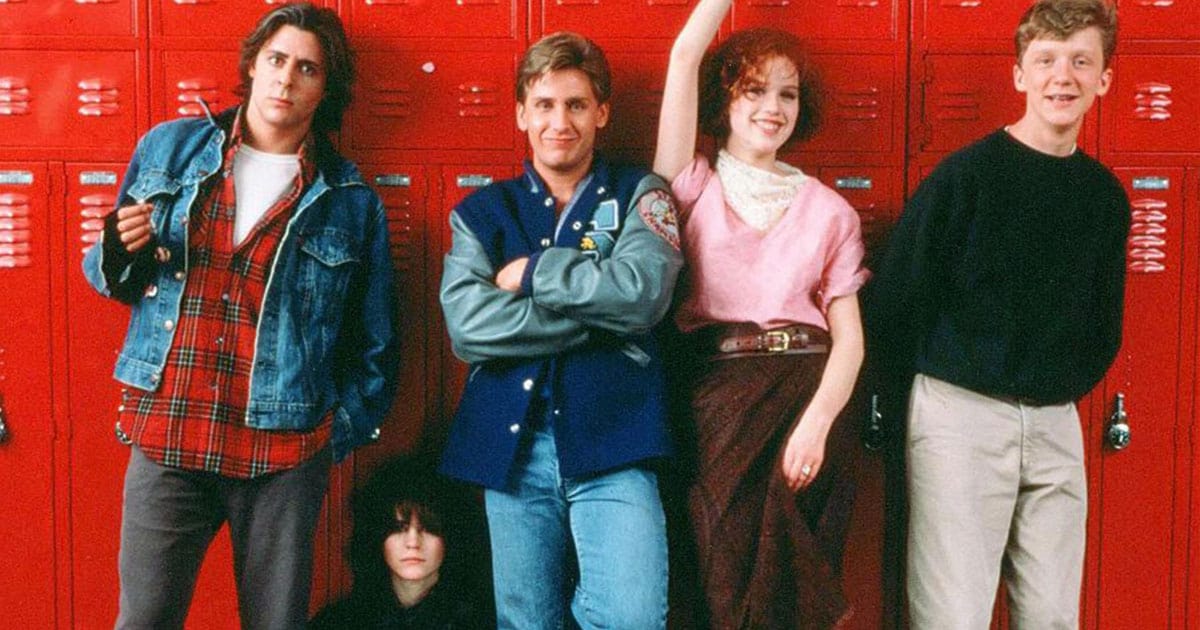While James Cameron’s recent 4K restorations of his classics are controversial, a famous film preservationist is defending them.
Over the last few months, there’s been some controversy among home theatre enthusiasts about the recent restoration by James Cameron of three of his classics in 4K HDR: Aliens, The Abyss, and True Lies. The release of all three were highly anticipated, largely because both The Abyss and True Lies have never been available in high definition before, much less 4K. While the releases have been largely praised for how stunning the films look in 4K, a lot of film fans are taking issue with the fact that Cameron’s movies have likely been restored with AI assistance and look quite different now than they did before. Notably, film grain has been almost entirely removed from the films, with the colours tuned up in a way some view as too different from how the movies initially looked.
However, only some people think the restorations are bad, and now they have a surprising advocate – noted film preservationist Robert Harris. Harris is the man behind the famous restorations of Lawrence of Arabia, Spartacus, The Godfather trilogy and many more. In a post to Home Theatre Forum, he acknowledged how different they look, but also explained that’s not necessarily a bad thing. On True Lies, “Shot 35 and blown up to 70, the visuals of the new 4k UHD are absolutely not what the film was upon release, but the secret sauce works, and allows a presentation that appears far better than it might without it.”
In a post about Aliens, he elaborated a bit more on why these restorations have his approval. “Original prints were on the grainy side, as a higher speed stock was used. I always thought it looked fine, as that was the look. No problem. But there were those who felt that it was too grainy. Enter the new 4k UHD from Disney via Fox, and it has an entirely new look. And it’s a look that I like. Very much! The image has been de-grained, with zero loss of resolution, which if anything as been slightly heightened. Color are meticulously reproduced. And there’s an overall clarity that is new to the film.”
As far as Harris is concerned, these restorations have been done the right way, and there is a lot of logic behind what he says. Cameron always favoured shooting his film in a process called Super 35, as it allowed him to print a larger film frame on the stock that would make the home video releases look better. In True Lies or Titanic, he was able to show the films in 2:35:1 scope theatrically. Then, when reformatted to 1:33:1 (the standard TV ratio in the era before widescreen TVs), he could reveal more of the frame at the top and bottom, avoided the pan-and-scan look common at the time, making the films play better at VHS. The downside was Super 35 was grainy. This wasn’t super noticeable on DVD and even 1080p Blu-rays, but it proved problematic on 4K, hence the restoration.
Criticism of restoration methods and results is nothing new, and not all distributors are exempt from cinephiles voicing their disdain for specific titles. Even a company as revered as Criterion suffers the wrath of film fans for changing aspects of a film to enhance the viewing experience. When Criterion released its version of the Amy Heckerling-directed comedic drama Fast Times at Ridgemont High, some complained about the film’s cropping and time sync, warning people to hold onto their original copies if possible.
Walt Disney Animation Studios is another company that’s come under fire for restored versions of their classic films. In some cases, Disney omits content from the original films to avoid friction, such as altering a chase scene in Lilo and Stitch involving a harrowing chase and a hijacked Boeing 747. Disney changed the scene out of respect for the victims of 9/11, but fans of the original still cried foul upon the restoration’s release.
Do you still think Cameron went too far? Let us know in the comments.
Originally published at https://www.joblo.com/james-cameron-4k-restoration-defense/





